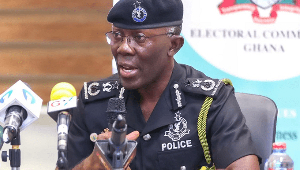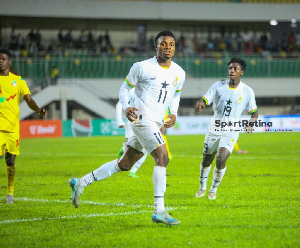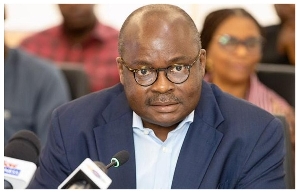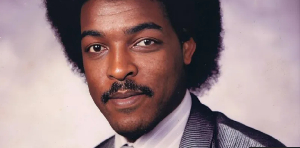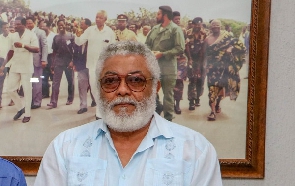In the last decade when the country’s youth have discovered hiplife music, it is refreshing to note that there is a small group of youthful highlife musicians whose works are still appreciated by a large number of Ghanaians.
Ofori Amponsah belongs to this group of musicians and for the past one week I have been searching for the reason for this popular acceptance in his last five CDs comprising Asew, Meprawo, Bohobio, Sardine and Otoolege.
The songs on these albums present Ofori Amponsah as a songster dedicated to love songs. He sings about relationships in various situations and stages.
At the wooing stage he normally indulges in the use of flowery language, as in the example of Hello Hello, where he likens his lover to a dove, and later describes her as Asantehemaa and himself as ‘Ote Kokooso.’
He uses Asante Twi extensively and occasionally chips in a couple of English sentences, phrases or words when appropriate.
He seeks collaborations with fellow musician notably Kofi Nti, Barosky and K. K. Fosu to back him in quite a number of his songs.
He engages women like Ivy Kyer and Afua Ohenewaa to support him with background vocals. Ofori Amponsah’s voice is well suited for the love songs that he has specialised in.
It is pitched between alto and tenor, thus it cannot be said to be a feminine voice neither is it the deep baritone type normally associated with male singers.
His sleek voice is a big asset to him because it makes his lyrics come out clearly but in spite of this he uses others like Kofi Nti, Barosky and K. K. Fosu to give the vocals an extra fillip. In the case of K. K. Fosu, Ofori Amponsah uses his rap skills in many and varied ways.
The female artistes take care of situation where a typical female voice fits best, but in the case of Ivy Kyer, Ofori Amponsah has used her on a few occasions for duets as in the case of Cinderella and Akwanoma.
His mastery of Asante Twi is a great asset to the songster. In his songs he hardly repeats love situations and words for his descriptions hardly re-occur in other songs.
Ofori Amponsah’s ability to create appropriate imagery for the subjects of his songs are highly commendable. This comes up in Duakro where he describes moonlight night as a lovely night yet lonely time because his love is not with him or in Wakosi where he likens his partner’s love to honey dripping on him.
Ofori’s creativity almost knows no limits. He metaphorically likens his new lover to Nampa (good meat) and old and jilted to ‘Kusie’ (grasscutter).In all these his rhymes are ever present and run smoothly in all his songs.
Sampling views as to why Ofori Amponsah has been so much accepted, a number of respondents named his sleek voice as the prime factor.
Almost all the respondents thought that Otoolege is exceptionally appealing because they see trends of their own love affairs in the message of the song.
According to his biography he was born to Mr Johnson Kwadwo Ofori and Mrs Georgina Nkansah in 1974.
He started his education at Agogo Practice School and continued at Konongo Odumase Secondary School where he developed a lot of interest in reading and later poetry and he started writing a series of poems which according to him he used in the lyrics of Asew and some of his earlier songs.
Ofori Amponsah after he has dropped out of school in Upper Six met one Marcus, a Rastafarian, who started teaching the rudiments of music.
He was later identified as a potential by Daddy Lumba who collaborated with him in producing Woho Kyere. After this he had to wait for six years before launching himself on full scale in 2000.
He has ever since produced five CDs the latest being Otoolege.
Music of Thursday, 13 October 2005
Source: ghanamusic.com






